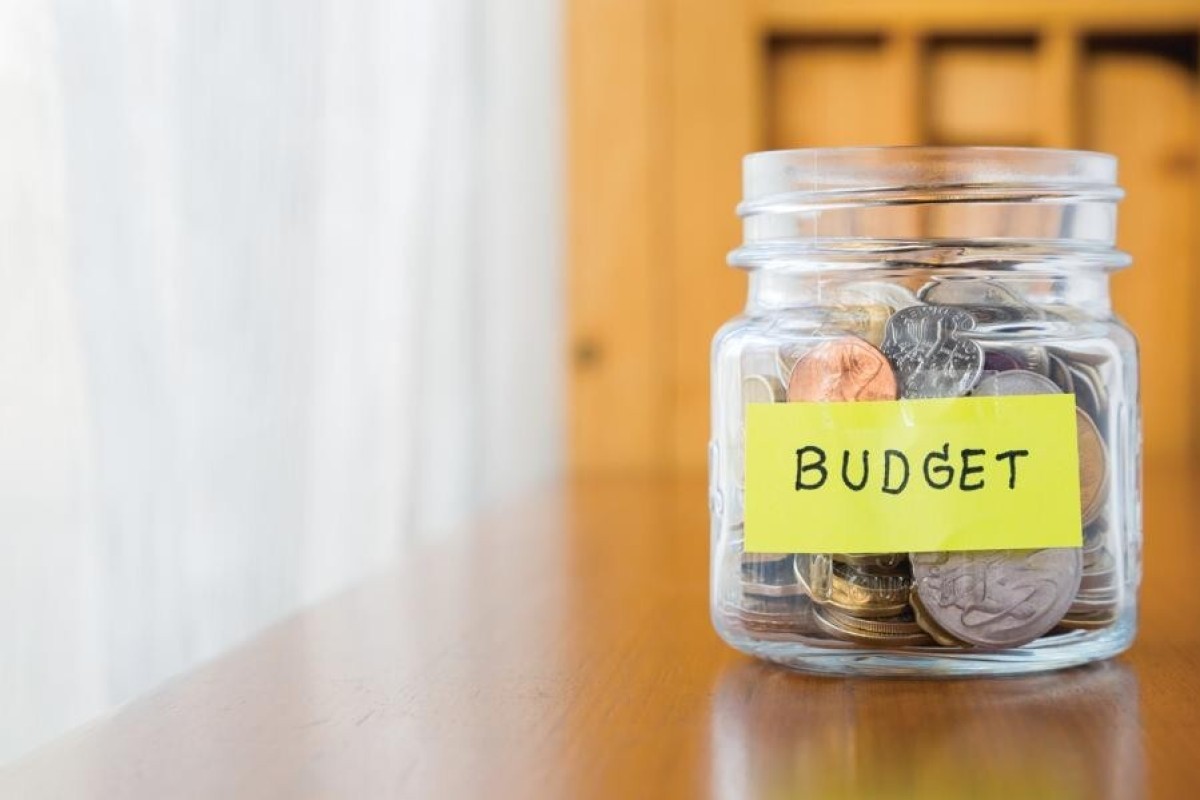- First choose a good expense tracker app like Wally or Spendee and input every one of your expenditures for a few months
- Then, analyse where your money is going and look for problem areas to cut back on
 Sorry - a jar of coins doesn't really cut it for a budget!
Sorry - a jar of coins doesn't really cut it for a budget!Just as you can’t build a defensive wall in Fortnite without having collected enough building materials in the wild, you can’t survive the “game” of life without earning money and using it very carefully.
This week, we will show you how to track your spending and create a budget.
We recommend using an expense tracker app on your smartphone. After using such an app for a couple of months, you will have a good idea of your spending habits and will be able to move on to making a budget based on your real-life behaviour.
How to save and invest your lai see money in the Hong Kong stock market
Choosing a good expense app
Money Tracker by The Chin Family is a simple, ad-free expense tracker designed by Hong Kong’s Investor and Financial Education Council. It boasts an intuitive interface and has a recurring income and expense feature, something you have to pay for on most apps.
Other free apps we like for their user-friendly interfaces are Spendee and Wally (although Wally is only available for iOS).
Once you’ve downloaded an app, let’s go through the list of things you need to input.
5 tips to help you resist shopping for things you don’t need and save money instead
What is income?
Income is any money you have coming in. This can include your allowance, money you make from tutoring or other side gigs, or unexpected windfalls (like your grandparents giving you a birthday lai see).
Income can be regular (like your allowance) or one-time incidents, so be sure to set the correct parameters for entries on the app.
Check out our recommendations for good expense tracking apps.
Expenses, expenses, expenses
Expenses are what you pay for. They can be divided into recurring expenses and ad hoc, or unplanned, expenses.
Common repeating expenses might include your mobile phone bill, Netflix subscription, or judo classes. (When you get older, you’ll have to worry about paying rent, the electricity bill, government rates and taxes, but thankfully you’re not there yet.)
Enter any expenses that don’t repeat on a regular basis one at a time. These might be paying for a friend’s birthday meal, or buying a new video game. Adulting 101: save up with these 7 money management tips and you’ll never be broke
The app also lets you divide expenses into categories such as transport or entertainment, so you can keep track of what you’re spending on the most.
Don’t forget to only track things you pay for yourself. For example, if your parents automatically top up your Octopus for your transport, do not include it in your budget. On the other hand, make sure to keep track of EVERYTHING, from the lowly (but yummy) HK$10 fish ball skewer you buy as a snack on the way home all the way up to big-ticket items like a new jacket.
How to use an ATM and keep your money safe
Time to budget
After tracking your expenses for a few months, it’s time to analyse your spending patterns and plan for a budget. Firstly, check if you are “in the red” (spending more money than what you have coming in).
If you are, look at all the categories and check for anomalies or places where you are overspending. For example, if you routinely grab a HK$34 Starbucks latte every day on the way to school and therefore can’t afford to buy a proper lunch, consider reallocating some of your funds to more essential areas of your life.
A good tip is to come up with a daily figure for how much you should be spending on a particular item, and tracking to see if you’re going over budget on that item.
For example, if you receive HK$300 for lunch every week from your parents, you should spend an average of HK$60 on lunch each day.
Make regular adjustments to your expenses and soon you’ll have a good grasp of how to live within your budget.
Learn the basic financial concepts, such as how to create a budget and save money, with our resident money guru

